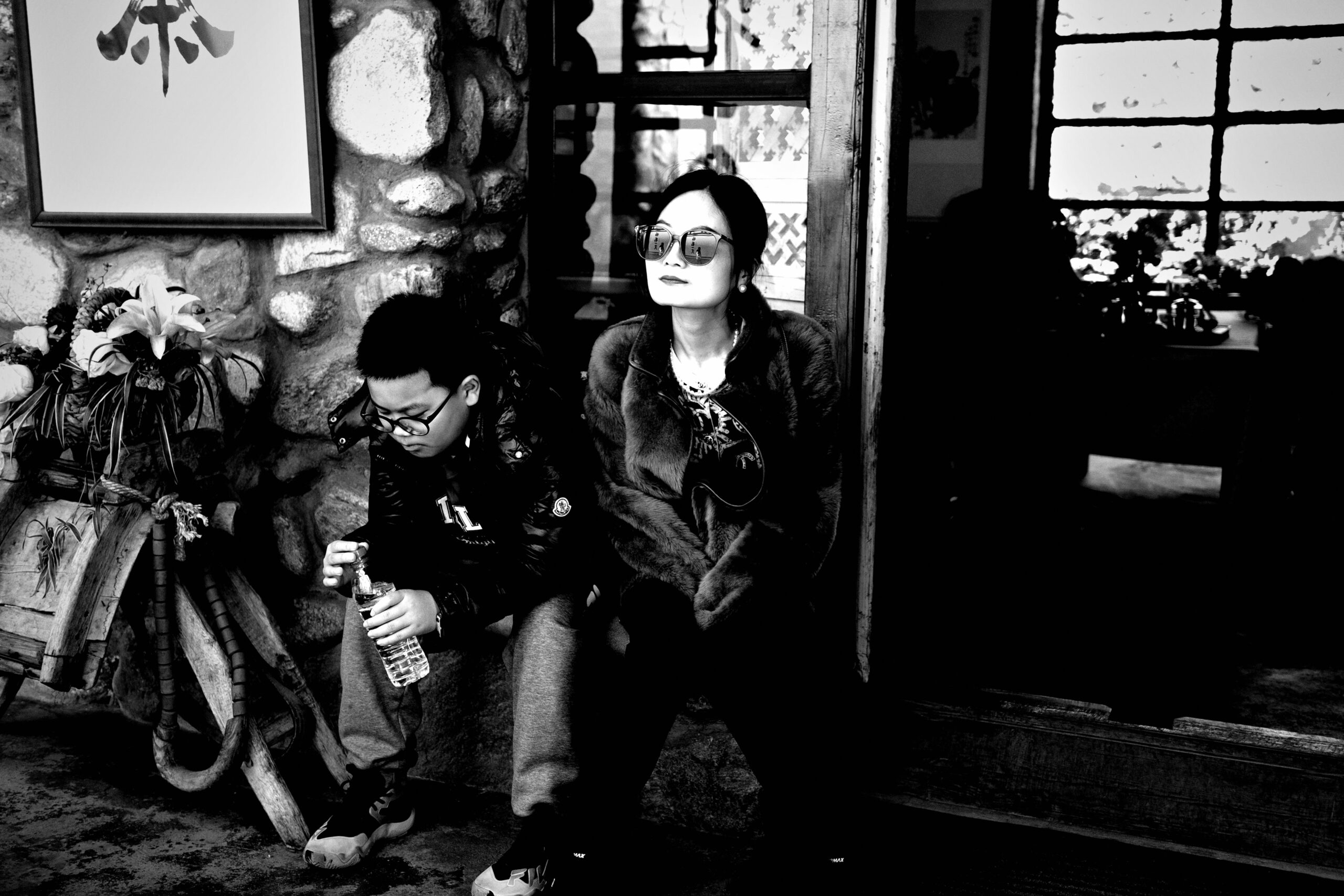I’ve been back in Fremantle, Western Australia, for two months now. Two months of beautiful roads, pristine beaches, and an enviable climate. Everything here works. Everything is safe. Everything is, by all reasonable measures, good. I have a car, morning coffee’s, a reasonable house, and modern appliances that all work well. Life is comfortable. And yet, I feel like I’m waiting for something to happen. But nothing happens.
I had lived in Vanuatu for eight and a half years. These idyllic islands are renowned for their beauty and the fact that they are the most disaster-prone country in the world. Then I spent another year wandering—through Southeast Asia including India, the Philippines, and a stint in China. Nearly a decade of motion, of adaptation, of learning to exist in places that weren’t built for my comfort. Then I came home, and the stillness hit me like a brick wall.
It’s not just the lack of chaos. It’s the realisation that the stories I’ve carried home with me—stories of hiding under a table as the roof is ripped apart by a cyclone, fleeing from a tsunami threat, of earthquakes that shook my bed in the middle of the night, of funerals that came too soon and too often—don’t matter here. They exist in my memory, but they aren’t part of any shared experience. No one is waiting to hear them. The people I left behind have moved forward. And so have the people I’ve come back to. I feel suspended—like one of those embryos floating in a test tube, caught in some strange state of incubation. Not quite here, not quite there. Just waiting. For what, I am not sure.
That’s the thing about leaving for so long: when you return, you’ve changed in ways you can’t fully explain. But home? Home looks the same, feels the same—like it’s been frozen in time. The only thing is you no longer feel like you fit.
I watched a TV series about the Vietnam War tonight that left a lasting impression on me. It featured a veteran, one of the tunnel rats, who spoke about his journey back home. He said the worst experience of the Vietnam war episode was coming home. He said it was the loneliest feeling he had ever felt.
As I sat there, transfixed by the screen, I couldn’t help but think, “Yeah, that makes perfect sense.” Now I am not comparing my experiences to his but I am relating that profound feeling of disconnect when you return home after a very long journey.
This is what no one tells you about reverse culture shock. It isn’t just about adjusting to hot showers and reliable Wi-Fi again. It’s about realising that the version of you that survived, that adapted, that learned to find meaning in uncertainty—that version of you has no place here. And you’re left wondering: So what now?
I have some part-time work lined up that will take me overseas again. And I’m trying to resist the pull—the urge to rent my house out, pack up, and disappear long-term once more. Because maybe this discomfort isn’t something to run from? What if this in-between space—the restless, lonely, uncertain space—is just part of the process? But hey, I know if I hit the road, I will have more conversations in a day than I am having in a week right now.
I don’t have an answer yet. But I do know this: when you’ve lived a life that stretches across borders, home is never just one place. Maybe it never was. But hey, I am blessed and grateful for all I have and I would not change a thing – except maybe my undies now and again.
Next post, I will discuss some reverse culture shock coping strategies that are working for me.


2 responses
Just need to learn to sit back and relax, watch and listen to the craziness gripping the world from your safe, comfortable, isolated perch. And let’s not forget Flagmantle’s premiership window being wide open 😜
Indeed – like a sparrow – Freo could add some excitement